In the heart of Ghana’s Central Region, the small town of Ewoyaa is standing at the crossroads of transformation. Once a quiet farming and charcoal-producing community, it now finds itself at the center of a national conversation about economic development, sustainability, and the future of Ghana’s mineral wealth. With Parliament still deliberating on the ratification of the Mining Lease Agreement for Australian mining company Atlantic Lithium, the town’s residents remain hopeful, yet uncertain, about what the future holds.
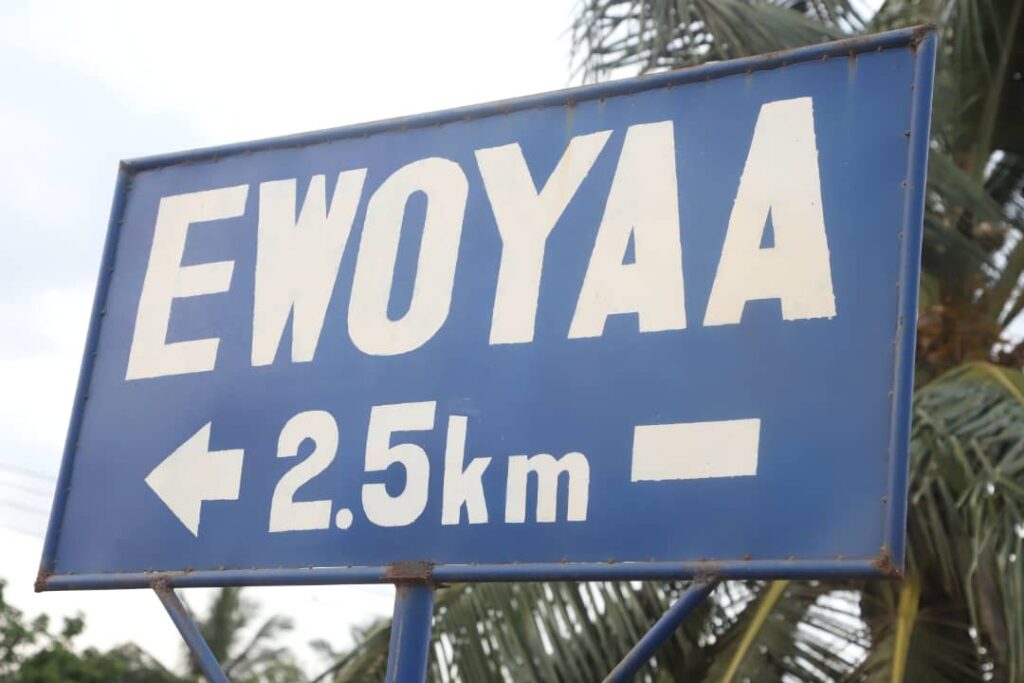
A New Dawn for Ewoyaa’s Youth
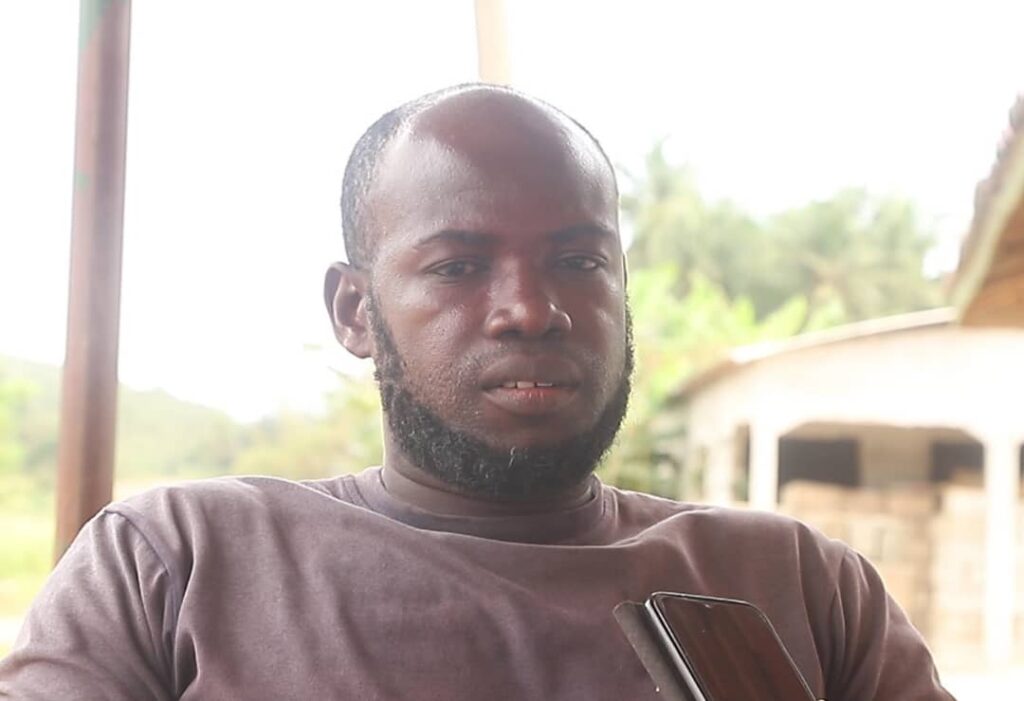
For Daniel Acquah, a 35-year-old farmer turned aspiring miner, the discovery of lithium in Ewoyaa in 2023 was more than just a geological event—it was a lifeline. Having spent years cultivating small plots of land with meager returns, Daniel’s first experience with the mining project came in 2024, when he was hired to help clear portions of the mining site. The earnings from this temporary job exceeded two months’ worth of his farming income, sparking a new sense of financial possibility.
His dedication didn’t go unnoticed. Management at Atlantic Lithium soon realized he was a licensed driver and offered him additional training to become a company driver. The opportunity changed his life. In a matter of months, he had saved enough money to purchase four building plots, acquire a motorbike, and even fund a glamorous wedding for his wife—milestones he once thought impossible.
“Before the lithium project, my future seemed fixed in the endless cycle of farming and struggling to make ends meet,” Daniel shared (in the Fante language). “Now, I see a different path, not just for myself, but for many young people in Ewoyaa.”
A Town in Waiting: Hopes and Setbacks
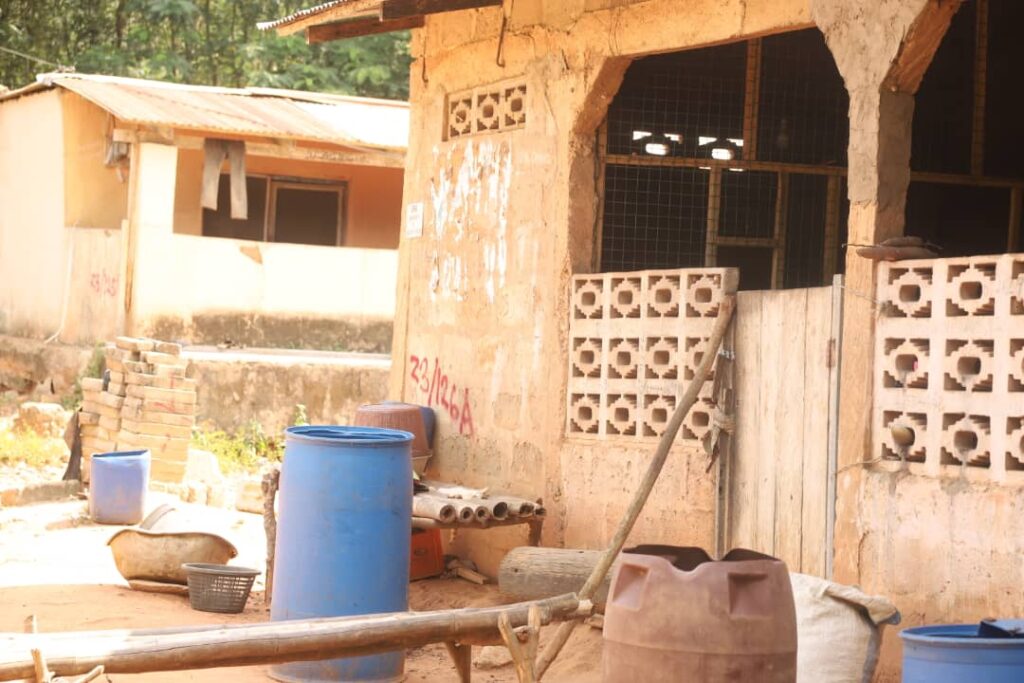
However, as Parliament delays its decision on the mining lease, Daniel and many others like him are caught in an economic limbo. Temporary layoffs have hit workers as the investor hesitates to continue paying salaries without a confirmed agreement.
“I had to return to farming because we were asked to stay home and work only seven days a month,” Daniel lamented. “Our salaries have been cut, and the uncertainty is making it difficult for many of us to plan for the future.”
The delay has also stalled crucial resettlement plans. According to community leaders, residents have refrained from planting cash crops like palm trees and pineapples, fearing that they may be forced to relocate at any moment. The once hopeful anticipation of economic transformation now carries an undertone of anxiety.
Education and Skill Development: The Silver Lining
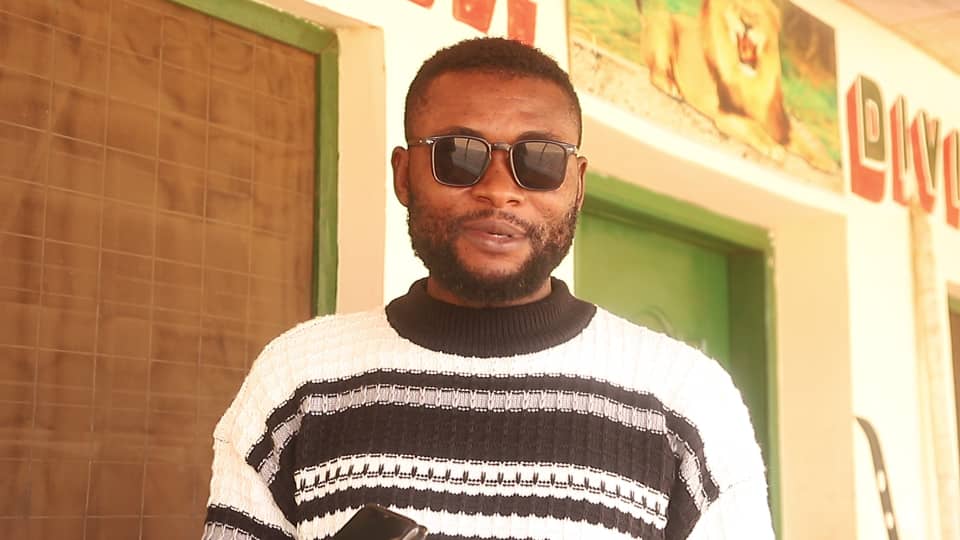
Despite these setbacks, the promise of a brighter future has inspired many in Ewoyaa to rethink their priorities—particularly in education. Peter Mensah, the town’s Unit Committee Chairman and a youth leader, notes a shift in attitude among local students. Historically, high dropout rates plagued the community, with many young people turning to informal trades. But the presence of the lithium project has ignited a new ambition.
“With mining coming, students who travel about 2.5 kilometers to Saltpond for school are now motivated to study harder,” Peter explained. “Some are choosing to pursue mining-related courses, while others are learning carpentry, plumbing, and other trades in preparation for employment.”
Still, Peter urges Atlantic Lithium to establish high-quality educational facilities in the new resettlement areas to ensure that future generations benefit from the industry’s presence. He also calls for the creation of healthcare facilities, such as CHPS compounds, to serve pregnant women and other vulnerable groups.
Women’s Voices in the Lithium Conversation
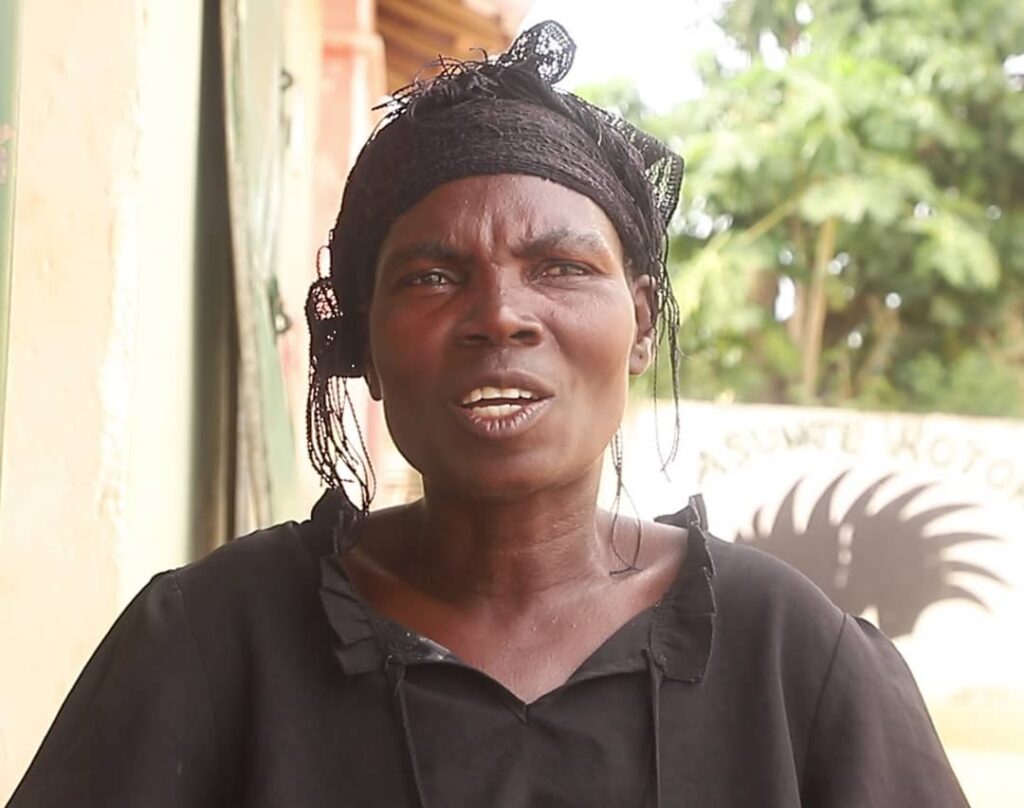
For women like Akua Borkomah, a 56-year-old sachet water seller, the mining project represents a unique opportunity. She envisions herself and other women taking up roles in cleaning, catering, and other support services to boost their incomes and support their families
“If the project takes off, we will finally have the chance to earn decent incomes and invest in our children’s education,” Akua said. “We want our sons and daughters to become managers, not just laborers.”
However, she remains concerned about the resettlement process and insists that fair compensation for lost homes and land is crucial. “Women are the backbone of most families here,” she emphasized. “If we are not properly compensated, how do we rebuild our lives elsewhere?”
Health and Environmental Considerations

Beyond economic expectations, community leaders are also focused on health and environmental concerns. Assemblyman for Zongo & Ewoyaa, Alaska Iddrisu, stresses the need for upgraded healthcare facilities to handle potential medical emergencies arising from mining operations.
“We need the Saltpond Municipal Hospital to be adequately equipped,” he stated. “Mining can lead to accidents, and we must be prepared.”
Meanwhile, environmental advocates have warned about the ecological risks of lithium mining. Minister for Lands and Natural Resources, Emmanuel Armah-Kofi Buah, has pledged to review mining regulations to mitigate environmental harm—a move welcomed by conservation groups like A Rocha Ghana.
The Bigger Picture: Ghana’s Green Energy Ambitions
The Ewoyaa Lithium Project is more than just a local story; it is part of Ghana’s broader strategy for green energy development. In his March 2025 State of the Nation Address, President John Dramani Mahama underscored his administration’s commitment to renewable energy, announcing the creation of a Renewable Energy and Green Transition Fund. With lithium being a key component in electric vehicle batteries, Ewoyaa is positioned as a strategic player in Ghana’s transition to sustainable energy.
The government’s mining agreement with Atlantic Lithium includes terms that could benefit the nation significantly. Ghana will receive a 13% free carried interest—higher than the usual 10%—and a 10% royalty rate, instead of the standard 3% to 5%. Additionally, the Minerals Income Investment Fund (MIIF) will acquire a 6% stake in the mining operation and a 3.06% stake in Atlantic Lithium Ltd.
To encourage local investment, the company has already been listed on the Ghana Stock Exchange (GSE), allowing Ghanaian individuals and institutions to buy shares. This move aligns with the government’s commitment to ensuring that the country benefits from its natural resources beyond just exports.
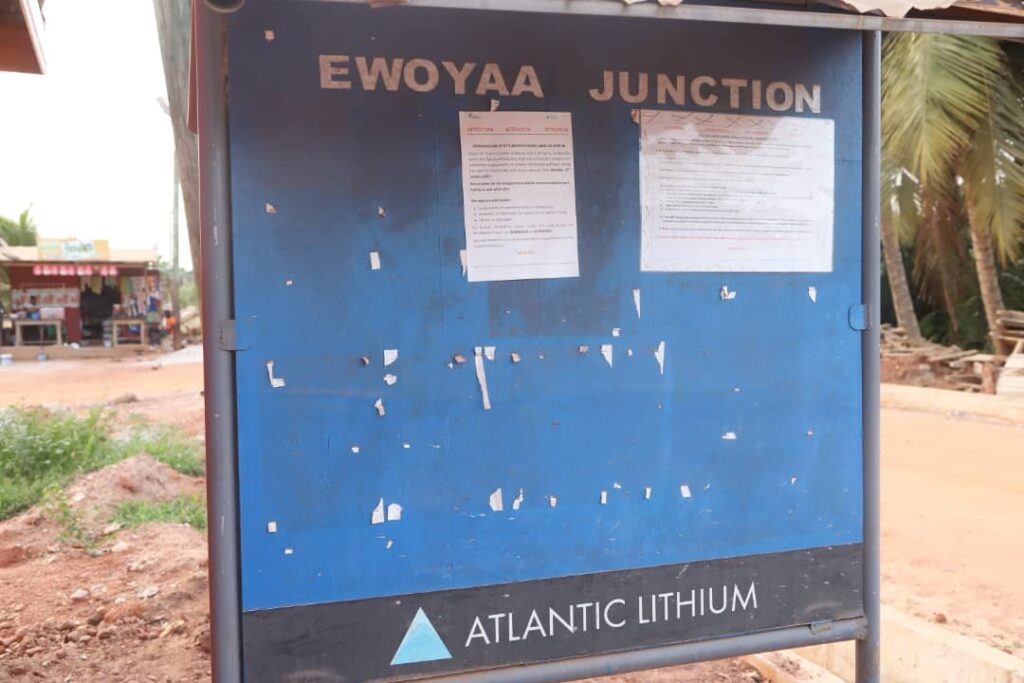
A Community’s Future Hinges on Parliament’s Decision
As Ghana hesitates to finalize the lithium agreement, both investors and communities grow uneasy. Experts have cautioned that further delays could lead to financial losses, as global lithium prices remain volatile. Policy analyst Eliasu Ali from the Africa Center for Energy Policy (ACEP) noted in an interview that a mere 10% fluctuation in lithium prices can result in a 27% change in government revenue.
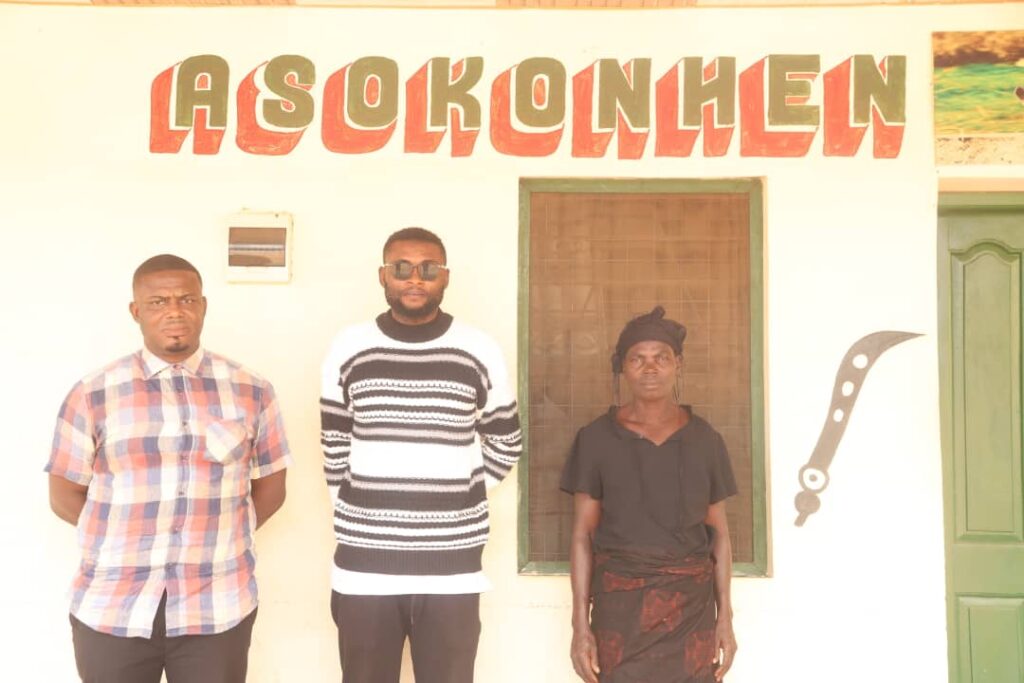
While policymakers weigh economic and environmental considerations, Ewoyaa’s residents remain in suspense. They have seen glimpses of a transformed future—one where young people have careers beyond subsistence farming, women achieve financial independence, and community development flourishes.
For now, Ewoyaa waits. Its people continue their daily struggles, hopeful that when Parliament finally ratifies the agreement, it will mark the dawn of a new era—one where the town’s lithium wealth translates into real, lasting prosperity for all.
Efforts to get the Charman and members of the Parliamentary Committee on Mines and Energy to comment on the cause of the delay in the ratification has so far proved futile.
By Jeorge Wilson Kingson
This report was produced with support from the Centre for Journalism Innovation and Development as part of its JET Minerals Challenge project.